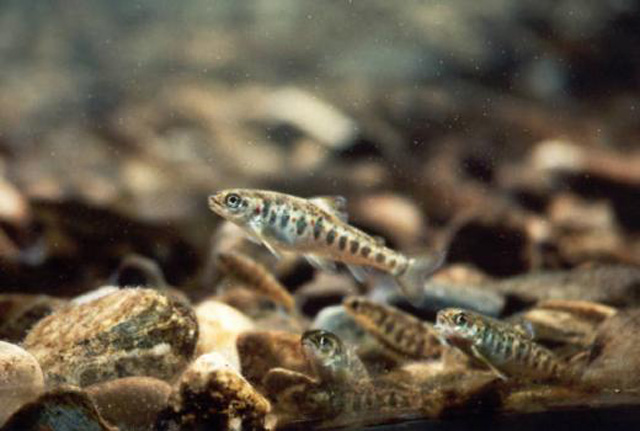By John Braico
 Over the past 20 years I’ve been fishing for Atlantic salmon in Canada, at times enjoying spectacular angling in a northern wilderness setting.
Over the past 20 years I’ve been fishing for Atlantic salmon in Canada, at times enjoying spectacular angling in a northern wilderness setting.
Only once did I fish the Maritimes, specifically the storied Miramichi of New Brunswick. I was awed by a log-sized salmon just a tad smaller than the record mount hanging in Doaktown’s museum, jumping in front of me, and for consolation, I ultimately landed a 10-pound hen.
According to the Atlantic Salmon Federation, total North American Atlantic salmon populations were around 900,000 in the 1970s, sliding down to 200,000 by 1993 and now holding roughly at 100,000. Renowned salmon rivers of the lower Canadian Maritimes have been particularly hard hit, with returns plummeting from an average of 85,000 for the Miramichi watershed in the 1990s down to under 12,000 in 2013. Granted, the causes are multifactorial: past commercial over harvesting (somewhat improved); acid rain in Nova Scotia (now abating thanks to the Clean Air Act); habitat degradation (an issue for all but remote trout and salmon waters everywhere); and, in the 21st century, by the effects of climate change.
Warm waters throughout the Maritimes and Newfoundland have routinely led to river closures, and in 2012 and 2013 contributed to significant mortality of both adults and parr. To make matters worse, an “exponential explosion” of striped bass along the southern coast of the Gulf of St. Lawrence over the past few years has alarmed fisheries biologists and the Atlantic Salmon Federation.
Bass, while historically present in this region, were never abundant. The Bay of Chaleur in particular receives flows from what was the greatest of all North American salmon rivers, the Miramichi, with angling catches historically exceeding catches from all other North American rivers combined. Ocean bound Miramichi salmon smolt now face a striper population of “hundreds of thousands”–forming a daunting gauntlet of hungry mouths through which they must pass enroute to the salt. It’s no surprise, then, that smolt survival is now at an unprecedented low for the entire Miramichi system.


